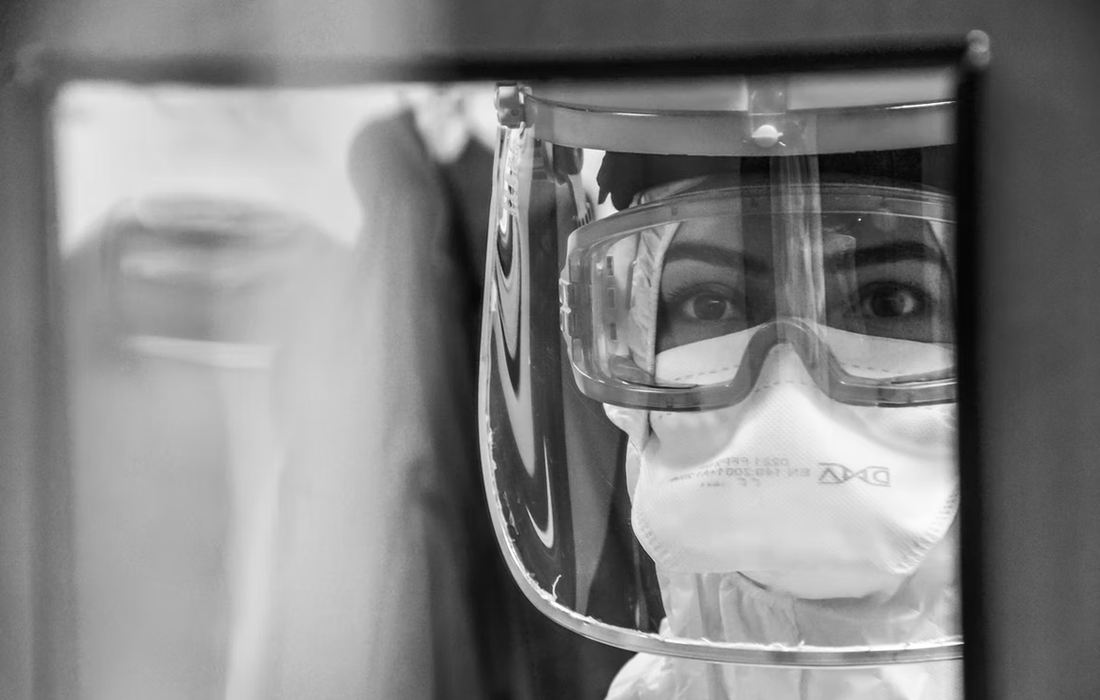Stem Cell Therapy for Specific Conditions
Mesenchymal Stem Cells for Severe COVID-19
The coronavirus disease 2019 (COVID-19) caused by severe acute respiratory syndrome coronavirus 2 (SARS-CoV-2) has affected over 184 million patients and caused more than 3.98 million deaths up to July 6, 2021, with numbers continuously increasing.
SARS-CoV-2 causes a spectrum of clinical manifestations, ranging from mild or moderate respiratory symptoms to severe acute respiratory syndrome (SARS) and death.
Excessive inflammation and cytokine storms are regarded as the major causes of organ damage that cause the disease to increase in severity. Immunomodulatory therapeutic strategies may potentially prevent this to happen and different approaches have been studied, including the use of glucocorticoids, convalescent plasma, and anti-interleukin (IL-6) receptor antibody therapy. However, these therapies come with a wide variety of side effects and the efficacy had been variable.
Use of MSCs
The safety and efficacy of MSCs have been proved in clinical trials in conditions such as systemic lupus erythematosus and graft-versus-host disease (GVHD). Animal models have also shown significant inhibition of immune cell-mediated inflammatory response and reduction of lung damage.
MSCs are non-hematopoietic cells that can be isolated from various sources, including umbilical cord, adipose tissue, bone marrow, and human dental pulp. They have differentiation and regenerative properties and can secrete hepatocyte growth factor, vascular endothelial growth factor, and keratinocyte growth factor to promote the regeneration of type 2 alveolar epithelial cells.
MSCs can also be attracted to sites of inflammation and work via direct contact and/or paracrine effects.
Latest Clinical Trials
Phase-1 trials
Recent phase-1 clinical trials have demonstrated that intravenous transfusion of MSCs in moderate or severe COVID-19 patients was safe and well-tolerated. Zhao and colleagues reported that intravenous administration of MSCs could improve the clinical outcome, demonstrating good levels of immune tolerance.
Lei Shi and colleagues found that umbilical cord MSC (UC-MSC) infusion in moderate or severe COVID-19 patients was safe, paving the way for phase-2 and -3 trials with 96 weeks of follow-up.
Another study by Hashemian et al. showed that a high dose of MSCs (200 Million cells) and exosomes derived from allogenic MSCs was well tolerated and showed potential improvement in some clinical parameters.
Phase-2 trials
Lei Shi and colleagues performed a randomized, double-blind controlled phase-2 trial evaluating the efficacy and safety of an intravenous MSC treatment in 2 hospitals in Wuhan, China. The study included a total of 101 patients with severe COVID-19 and assigned at a 2:1 ratio to receive UC-MSCs or a placebo.
The UC-MSCs transfusion exerted an improvement in lung lesion volume from baseline to day 28. It also reduced the proportion of solid-component lesion volume significantly, and the 6-minute walking distance showed an increase in distance in the MSC group.
Lanzoni et al. performed another double-blind, randomized, controlled trial and found that UC-MSC infusions significantly decreased cytokine levels at day 6 and improved survival in COVID-19 patients with ARDS.
Source:
Shi, L., Wang, L., Xu, R. et al. Mesenchymal stem cell therapy for severe COVID-19. Sig Transduct Target Ther 6, 339 (2021). https://doi.org/10.1038/s41392-021-00754-6
Image from:
Photo by Ömer Yıldız on Unsplash

